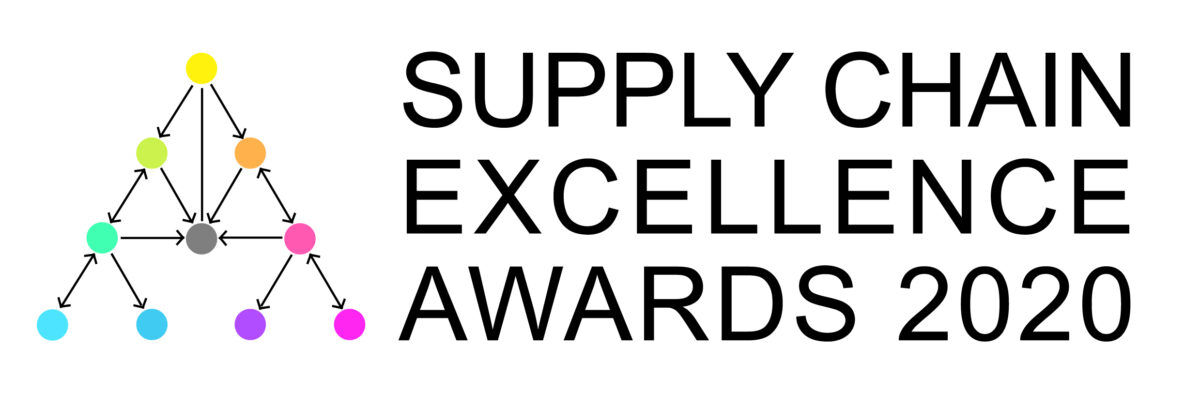Much of the growth in the global economy over the past few years was driven by the rapid growth of low-cost manufacturing in China and the country was hit hard by the global recession.
Author: supplychainmag
The current procurement climate of short-term goals and targets driven by the recession is raising questions over how much capacity organisations have to find lasting solutions to key issues, according to the latest survey of chief procurement officers by
“Recession in Britain at an end” – that was the BBC’s headline on Monday following a survey by the Institute of Chartered Accountants which found that confidence among business professionals had moved into positive territory for the first time in two year
Anyone scanning the weekend papers could be forgiven for thinking that there was only one event – the start of the Premiership football season.
The global recession has impacted most businesses in one way or another and in many respects, once the dust settles, it is unlikely to be business as usual.
A key issue for supply chain professionals is the long-term structural change that the recession will bring to the economy with all the implications that will have for supply chain strategies.
The European Supply Chain Excellence Awards, organised by Supply Chain Standard in partnership with PRTM, have attracted a bumper crop of entries – both in number and in quality.
When Bill Clinton was running for US president he reputedly kept a sign on his desk that read “It’s the economy, stupid” as a reminder of what his real priority should always be.
Businesses may be more concerned about the risks of outsourcing or off-shoring during these times of recession, but are they worried about the right things?
It’s just a couple of days to our live web TV debate on Sales and Operations Planning which can streamline supply chain operations and reduce inventories






